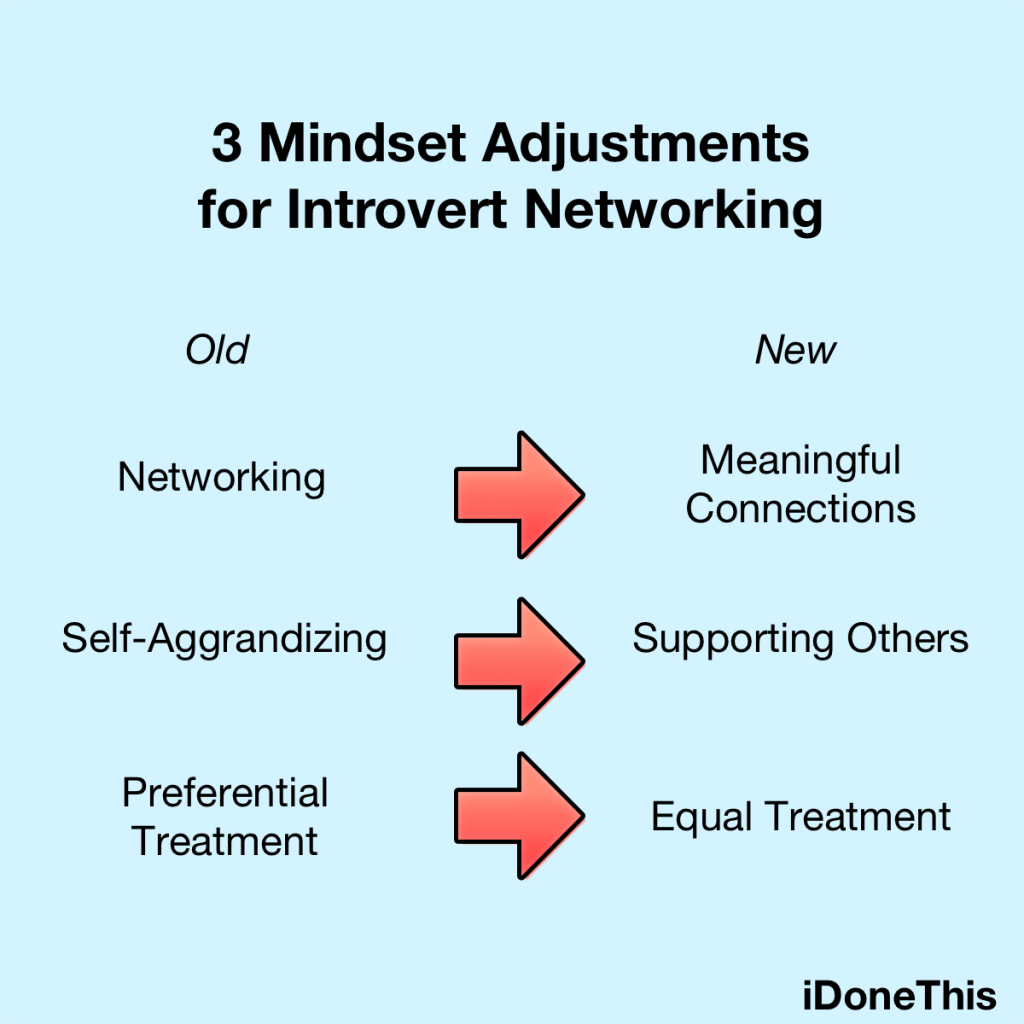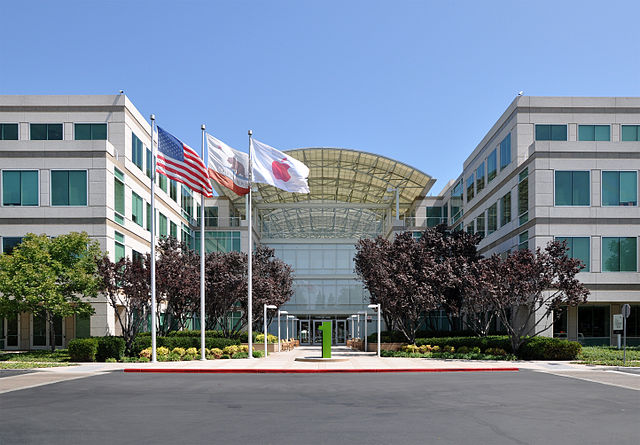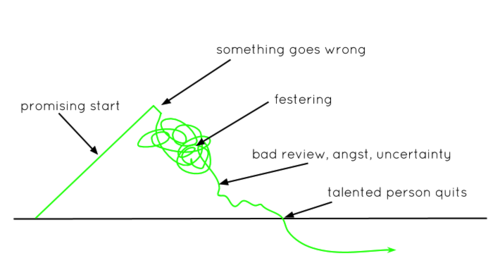You come into work, thinking it’s going to be just another day in the office. You have a friendly chat about your weekend with the office manager while pouring yourself a hot cup of coffee. You make your way over to your desk, and just as you start looking through your email, a nervous employee pops their head in and asks for a minute of your time.
At this point, the next sentence comes as no surprise: “I’m giving my two-weeks notice.”

Job-hopping has become the norm. While fifty years ago, people held positions for ten or more years, today, workers only average about four years at each job. And the stigma associated with switching jobs has also decreased. Employees that spent less than a few years at a job used to be considered flighty—now they’re considered ambitious and ahead of the curve.
The odds are stacked against you, but all hope isn’t lost when it comes to employee retention.
While some clues will tip you off right away—such as too many “doctor’s” appointments, or employees coming in dressed suspiciously well—most of the time, the signs that your employees are job-hunting are considerably more discreet. If you learn how to pick up on these subtle cues, you can nip this problem in the bud and retain some of your most valuable employees.
Here’s how to spot when employees are looking for a new job (and what you can do about it).









 Yo ho ho and onto the best of what we shared on the interwebs this week!
Yo ho ho and onto the best of what we shared on the interwebs this week! Like our blog?
Like our blog?